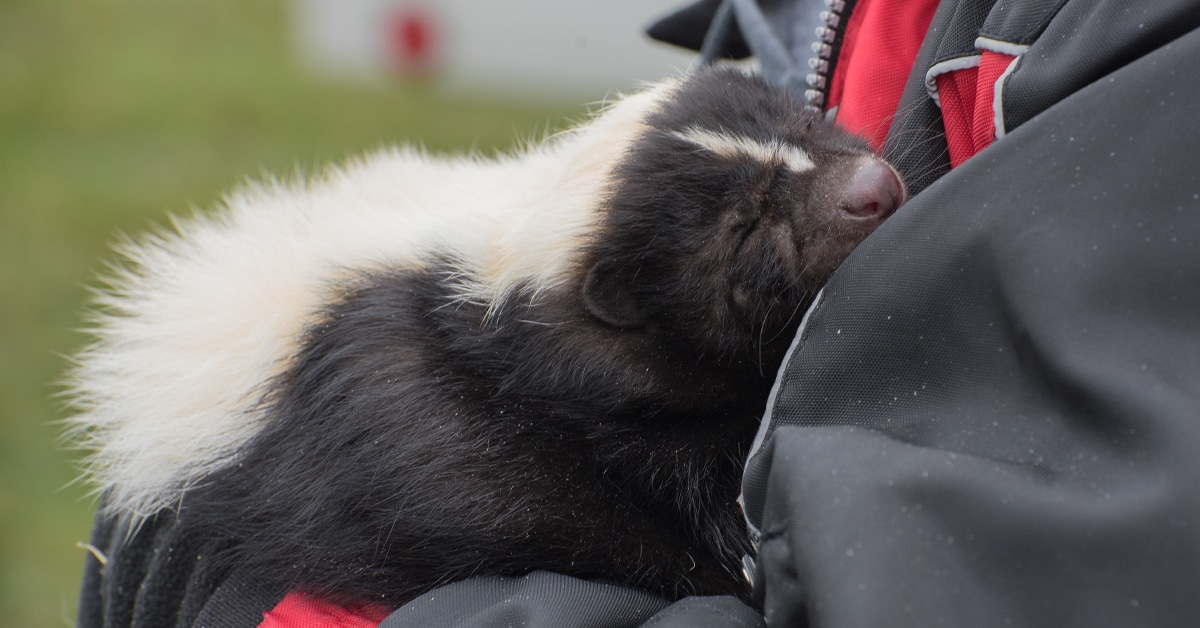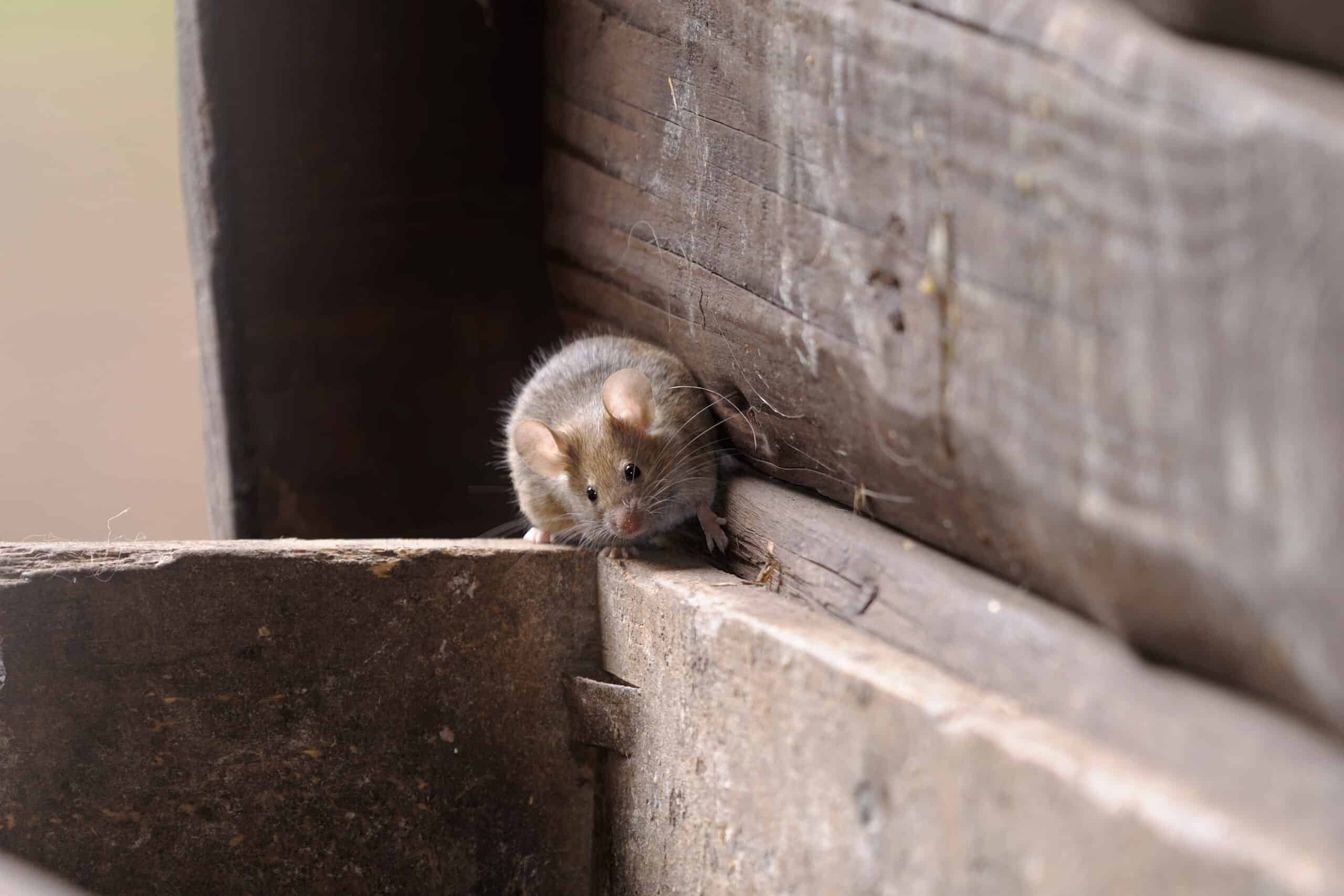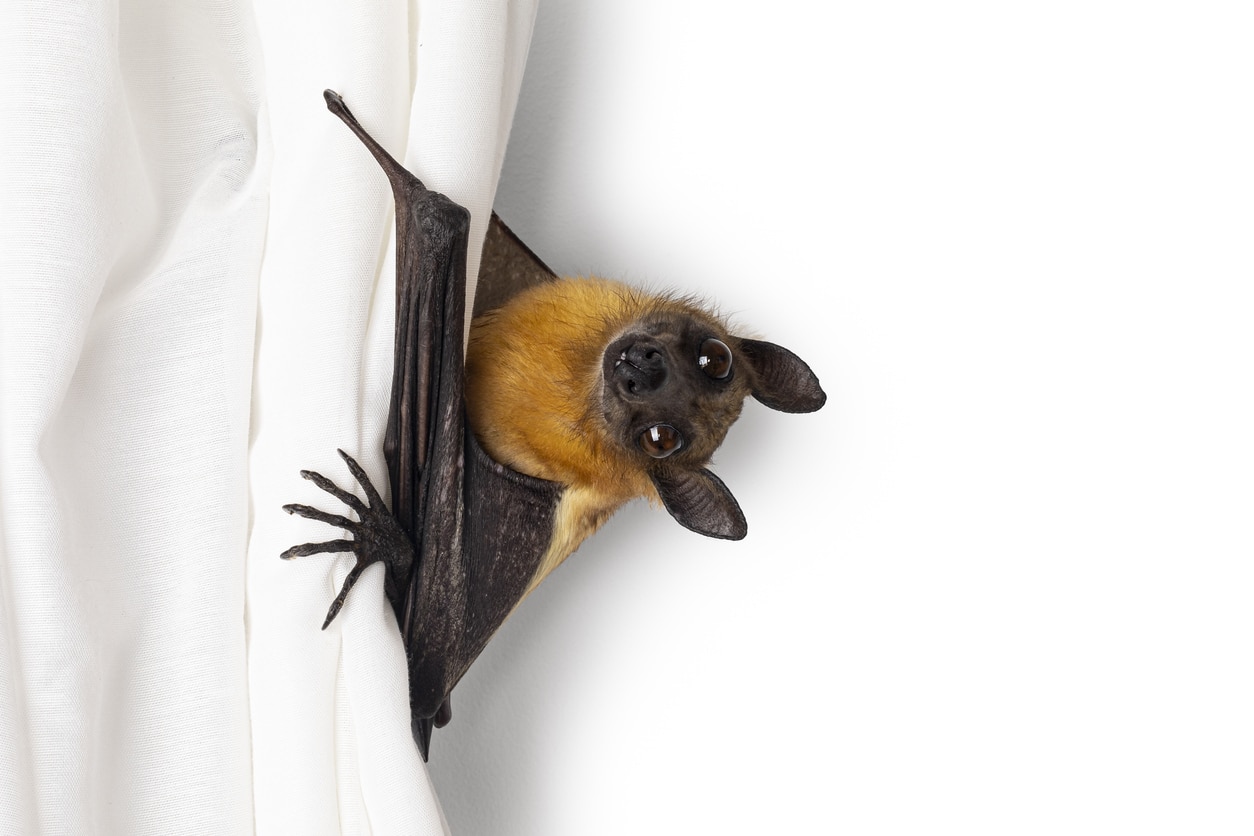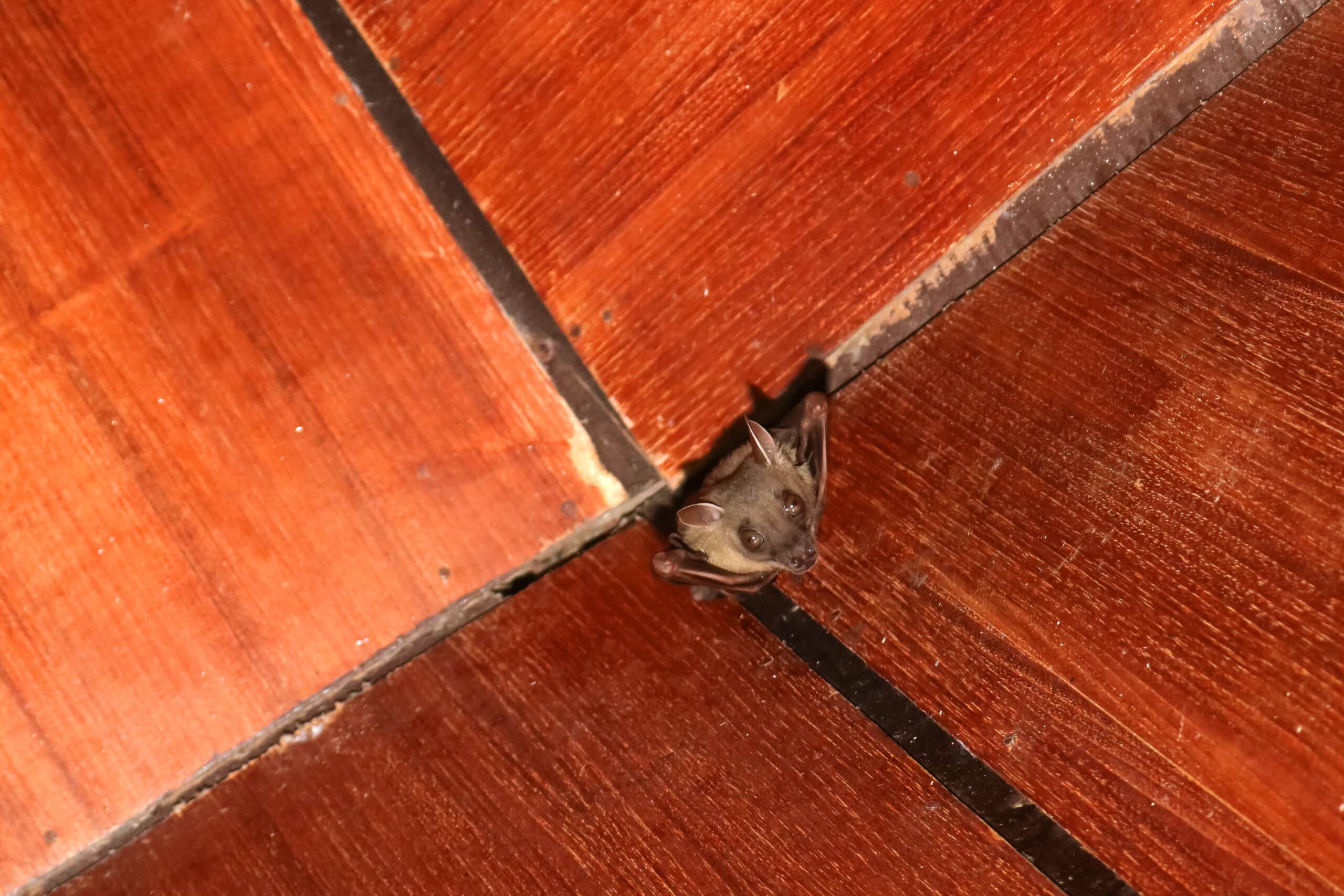You thought you got rid of them. The traps were set, the last one was…

Skunks as Pets
My wife and I recently discussed the possibility of getting a pet skunk. It was an amazingly quick discussion – we went from curiosity, to enthusiasm, to concern, to dropping the whole idea in the matter of a single day. Not to say that having a skunk for a pet is a bad idea for everyone; some of you out there might get on perfectly well with a pet skunk. They certainly are cute and can be very affectionate; they are also unique – not many people have skunks as pets! But while researching the pros and cons of skunk ownership, we found out a lot of information that I’d like to pass on here so you can make an informed decision before deciding to adopt a skunk.
Do skunks make good pets? The answer depends upon what you are willing to put up with and how involved you want to be. The first thing you should know is that skunks are very needy pets that require a lot of attention. They are extremely affectionate when you are at home, but may get depressed and agitated when you are gone. If you leave them alone during the day, they may get into mischief. Here are some common behaviors of domestic skunks:
Opening cabinets and emptying their contents onto the floor
Pulling blankets off bed, clothes out of laundry for use in their “nest” they will make for themselves
Digging up indoor plants
Opening the refrigerator and pulling out food
Eat small rubber objects like toys, rubber bands, etc.
Skunks have very agile fingers that they can use to open the fridge, cupboards, or drawers. They are very curious and, if they can get into these places, will often throw their contents out onto the floor. Before getting a pet skunk, your entire home should be “skunk proofed” the way you would for an infant. Cupboards should have latches attached to them to stop skunks from pulling them open; potted plants should be kept high and out of reach. Blankets and laundry should not be left out, or else the skunk will drag them off somewhere and make a bed out of them. Small toys must be picked up meticulously, as skunks like to gnaw and swallow rubber.
They also need great variety in their diet. Skunks are omnivores, meaning a skunk diet needs to be carefully crafted to make sure they are getting the proper balance. They can eat dried dog food, but they also need plenty of vegetables – all of which must be prepared fresh. So, when feeding skunks, it is not as simple as just pouring some dog food in a bowl. They really need to have fresh meals prepared for them.
Skunks also are subject to many diseases. We are not talking about the rabies and distemperment that affect wild skunks; pet skunks are subject to a whole plethora of diseases, including encephalitis, obesity, leptospirosis, cardiomyopathy (a degenerative heart condition), and gastric conditions due to the skunk ingesting foreign items.
Going to the bathroom is interesting. Like cats, skunks can be trained to go in a litter box. Unlike cats, it is much more difficult to get a skunk to recognize a specific place as the proper location fo going to the bathroom. For this reason, a skunk owner typically needs multiple litter boxes scattered about the house (two or three usually) so the skunk can easily get to the bathroom.
I am no trying to talk anyone out of getting a pet skunk; pet skunks are extremely affectionate, loving pets. They get on well with other animals in the house and are friendly with children. However, anyone is thinking about having skunks as pets needs to understand what they are getting into.
If you do want a pet skunk, make sure you get one from an authorized dealer. Skunk dealers sell skunks that have been bred in captivity for generations and are bred specifically to be domesticated and have their odor glands removed at a young age; under no circumstances should you to catch and adopt a wild skunk. Even if you do have a wild skunk’s odor glands removed, it is still wild and will be very difficult to manage. In many states, it is illegal to own any skunk period, let alone a wild one. Please check the laws in your state.
So, if you have read all this and are ready to make the commitment to becoming a proud skunk owner, best wishes to you!


